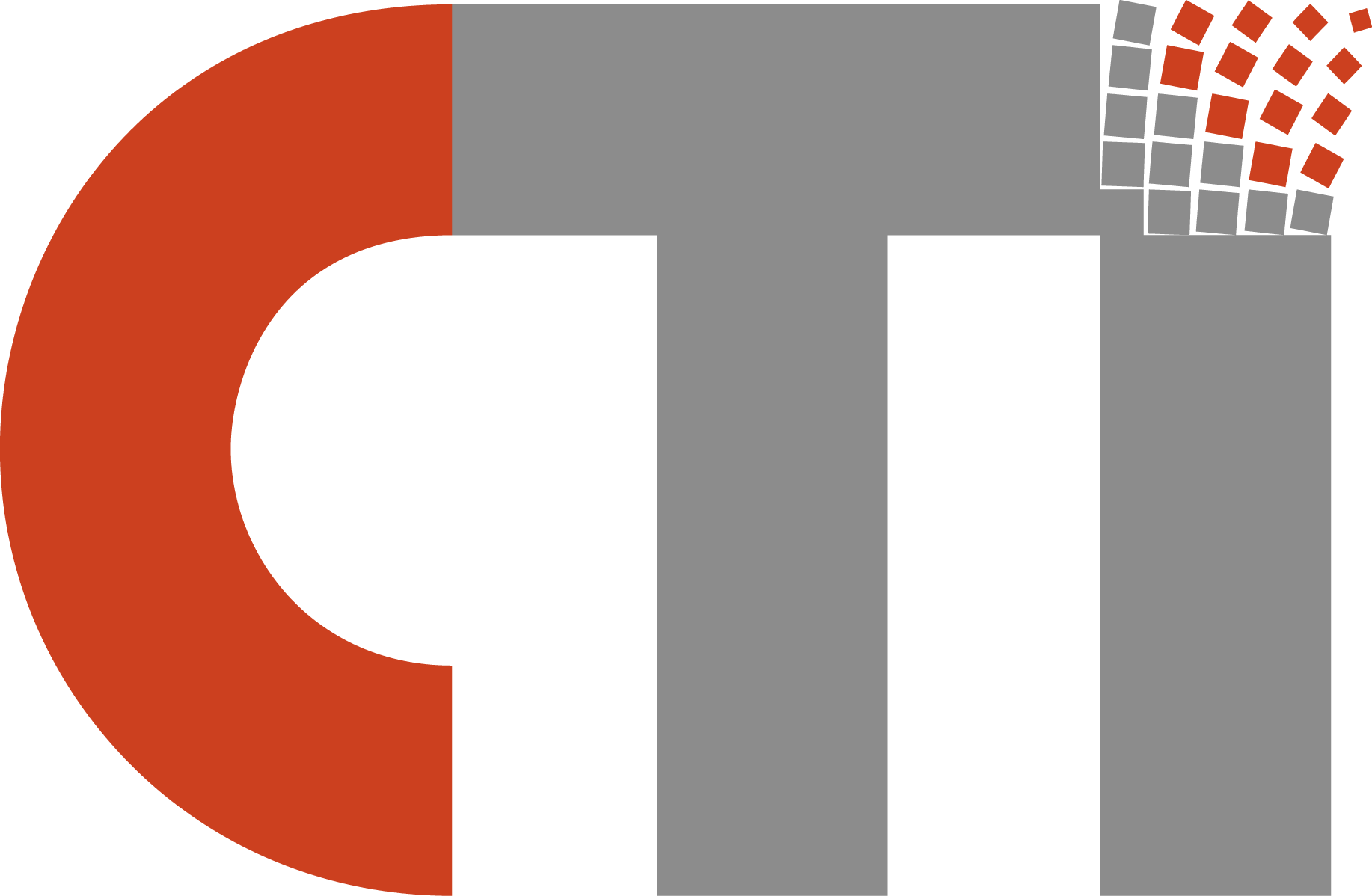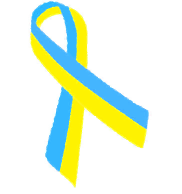ACSA Lab:
Advanced Computing Systems and Architectures Laboratory
Building on the legacy of digital computing architectures, our research approaches topics in unconventional computing in an attempt to further the borders of known principles and mechanisms of information processing.
We develop algorithms that are more efficient and map them to novel architectures in order to accommodate more complex computational phenomena and to achieve new levels of reliability and fault-tolerance. We search to uncover and exploit new computing architectures by observing biological processes and importing them into digital silicon. We strive to understand the intricate science of the new paradigm of quantum computing as a cross-breed of computer science and engineering, physics, and mathematics in order to devise new algorithms and deliver fast and accurate performance assessments.
Finally, we approach real-life issues, aiming at improving and expanding their current solutions. Digital devices and algorithms can be of assistance in sleep apnea disorders and cognitive disabilities, to name a few. And they can help to better understand the complex interactions that make up the common urban traffic for the purpose of maximizing its flow and providing improved management.
Research Areas
Research Fields:Current Members
Director:
Research Team:
Selected Research Projects
Supervised PhD Theses
- Sebastian-Mihai ARDELEAN: Development of heuristic methods on reversible and quantum computers, Supervisor: Mihai UDRESCU-MILOSAV, 2024
- Sorin Liviu JURJ: Powering and evaluating deep learning-based systems using green energy, Supervisor: Mircea VLĂDUŢIU, 2020
- Gabriel BARINA: Computational Analysis of Emergent Behaviour in Collaboration Networks, Supervisor: Mircea VLĂDUŢIU, 2020
- Alexandru TOPÎRCEANU: Structural and Behavioral Analysis and Modeling of the Society, Supervisor: Mircea VLĂDUŢIU, 2016
- Flavius OPRIŢOIU: Reliable Implementations for Cryptographic Systems with Testability Facilities, Supervisor: Mircea VLĂDUŢIU, 2010
- Mihai UDRESCU-MILOSAV: Quantum Circuits Engineering: Efficient Simulation and Reconfigurable Quantum Hardware, Supervisor: Mircea VLĂDUŢIU, 2005
Affiliated Rooms
- B517
- B520
- B521
Description, History and Other Info
Website
Contact
ACSA Lab: Advanced Computing Systems and Architectures Laboratory
Department of Computer and Information Technology
Politehnica University of Timisoara






